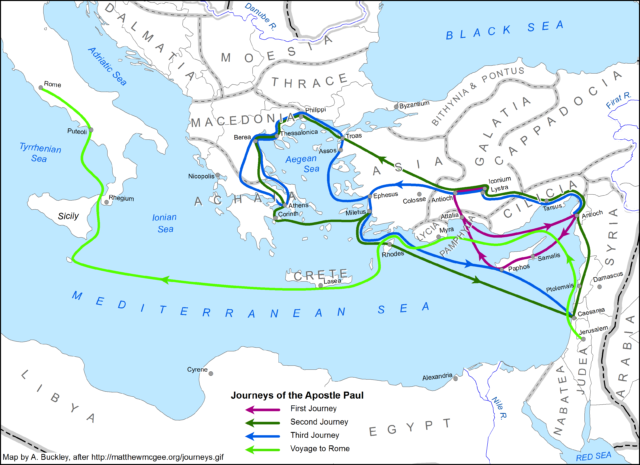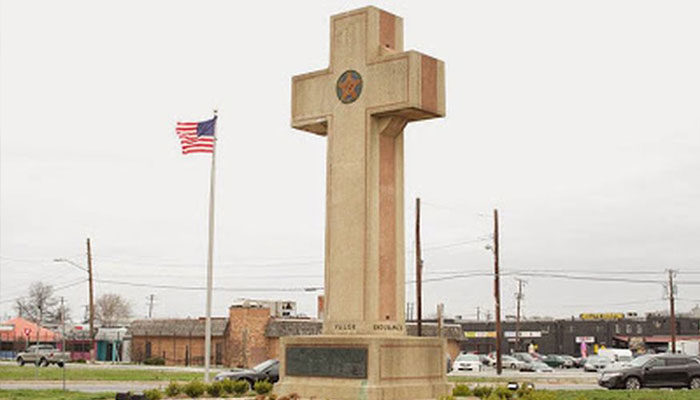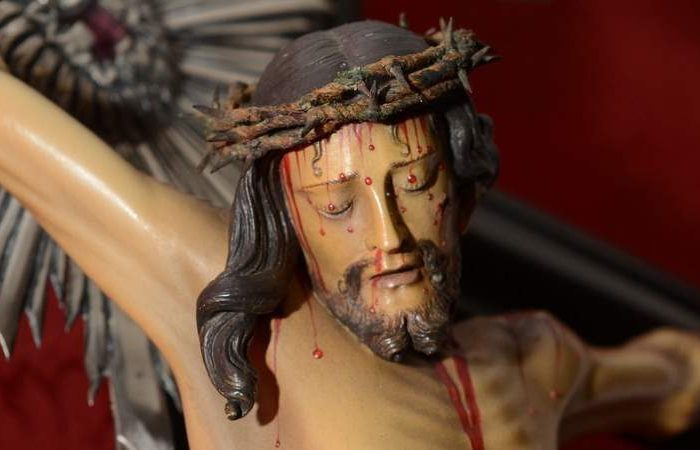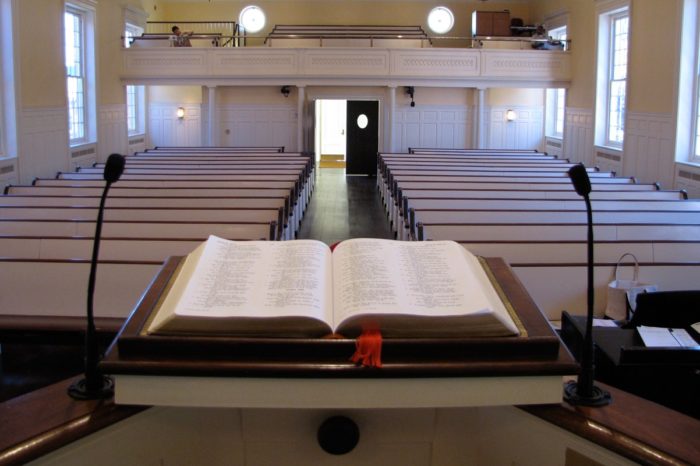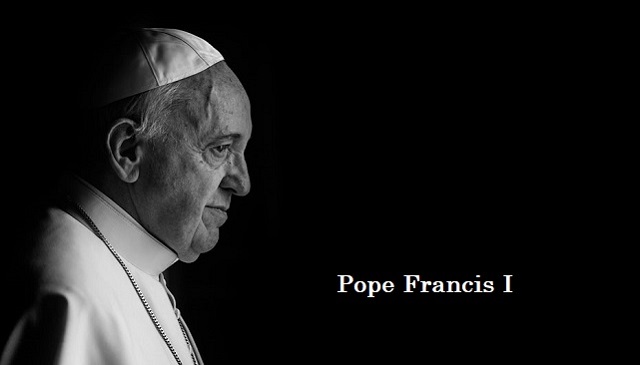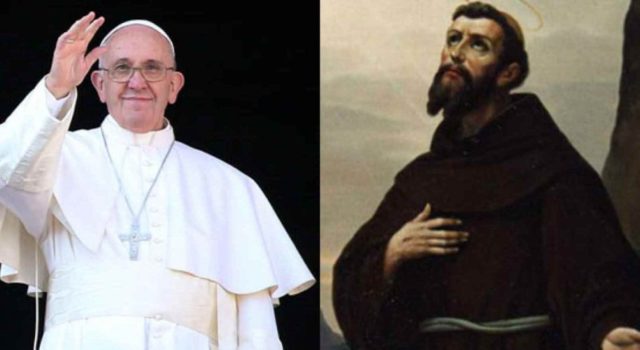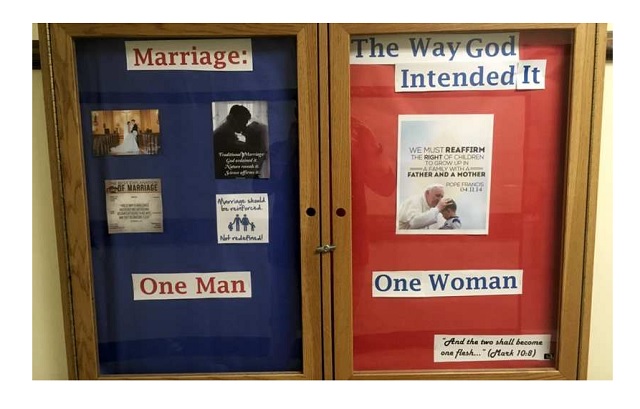Blaise Pascal once described a “God-shaped vacuum in the heart of each man.” But in modern-day America, few statements can raise eyebrows more swiftly than expressing faith in the transcendent.
From Joy Behar mocking Vice President Mike Pence as mentally ill for believing that God guides him, to former President Barack Obama ridiculing “bitter” people who cling to guns or religion, the “enlightened” claim to have progressed past the simplistic explanations of those who still believe in the existence of good and evil.
In a world where we can drive vehicles, communicate globally, and change the temperature of our homes with the touch of a finger, it is easy to believe that we have mastered our physical environment. Yet we are stumped when the age-old problem of evil rears its ugly head.
It’s no surprise, then, that in the aftermath of the Parkland tragedy, we fixate on a material solution—gun control—to solve what we assess as a material problem.
But what if the problem is much deeper than raising the gun-buying age by a few years or making it harder to get certain types of guns? What if the roots of the problem are actually internal and moral, and even spiritual?
Parkland shooter Nikolas Cruz told investigators that the voices of devils told him to shoot his classmates. To those who believe in Freudian explanations of violence, his confession is a mere smoke screen for psychological problems. And, for a growing number of Americans, Cruz’s statement is simply irrelevant because the transcendent is nonexistent.
In 2014, a Pew study found that 23 percent of Americans considered themselves “nones” (atheist, agnostic, or “nothing in particular”). Sunday school, once a staple of childhood for many Americans, is becoming a thing of the past.
The one area of the supernatural that now attracts the millennial generation’s interest is the occult. Spurred on by the hyper-connected world of social media, occult trends like the Charlie Charlie game are fueling a “witchcraft renaissance.”
Obsession with the fictional horror character Slender Man even led two 12-year-old girls in Wisconsin to brutally stab their classmate.
As Michelle Goldberg writes in The New York Times, “Often when traditional institutions and beliefs collapse and people are caught between cultural despair and cosmic hopes, they turn to magic.” Self-described witch Dakota Bracciale says of the collapse of traditional religions, “It left this huge vacuum, and that vacuum had to be filled with something.”
New York Magazine columnist Andrew Sullivan points to the spiritual vacuum as the source of the opioid crisis. “Even as we near peak employment and record-high median household income, a sense of permanent economic insecurity and spiritual emptiness has become widespread.”
Similarly, Nobel Prize winner Angus Deaton and Princeton University economist Anne Case attribute the rising suicide rate to the declining spiritual health of white, middle-aged men. If adults are finding it harder to cling to self-control, sanity, and life itself, is it any wonder that an unprecedented number of youth are finding it harder and harder to get through their teenage years?
Professor emeritus of psychology at New York University Paul Vitz attributes teens’ skyrocketing anxiety, self-harm, suicides, and school shootings to their poor spiritual health. Despite being born into a world with more material comforts and mental health resources than ever, the next generation seems increasingly drawn toward self-destruction.
Vitz observes that without belief in objective truth, goodness, and beauty, including the belief that they are created in the image of God, the next generation clings to external sources of identity: social media, sexual experiences, and material possessions.
In a sea of ever-changing cultural and social trends, such flimsy sources of meaning can predictably leave some of them bewildered and overwhelmed. “Countless young people … feel there is nothing for them to believe in,” he writes. “Emotional numbness is one of the consequences. They … no longer find self-worth in their efforts to lead lives based on truth and love.”
Vitz proposes that Americans re-examine the value of faith and its power to help people live happier, healthier, and longer lives.
In the wake of Parkland, local leaders are seeking to restore a sense of the transcendent. Legislators in Florida introduced a bill to put the national motto “In God We Trust” into classrooms and administrative buildings. Democratic state Rep. Kim Daniels said, “The real thing that needs to be addressed are issues of the heart. … We cannot put God in a closet when the issues we face are bigger than us.”
Rabbis from the Parkland community urged Florida Gov. Rick Scott to reinstate a moment of silence in schools. Educators at an elementary school in Brooklyn found that it enriched students’ lives and their relationships with each other.
“Our students required new ways of dealing with emotions and crisis, [they] needed the time and an outlet that would provide an opportunity to understand the ‘whys’ and ‘hows’ of their experiences,” one administrator said. School officials observed the students became more introspective and developed greater appreciation, empathy, and understanding of their peers.
A neighbor of the Parkland shooter said, “He was dealing with something dark. I just didn’t know what.” Many Americans can still recognize that there are forces of good and evil in the world that cannot be simply controlled through technology or psychology.
But as elites show increasing hostility to faith and regular Americans eschew traditional religious and moral frameworks, we may become increasingly blind to this dimension.
Sullivan writes that our country will not overcome its demons until we resolve the deeper problems that have led to the breakdown of faith, family, and community.
Note: This article has been updated to correct the year and percentage of Americans who in one poll said they were atheist, agnostic, or “nothing at all.” The percentage was 23 percent and the survey was taken in 2014.

Emilie Kao is director of the Richard and Helen DeVos Center for Religion & Civil Society at The Heritage Foundation. Twitter: .
RELATED ARTICLE: 5 Questions for Martin Luther King Jr.’s Niece, 50 Years After His Murder
A Note for our Readers:
Trust in the mainstream media is at a historic low—and rightfully so given the behavior of many journalists in Washington, D.C.
Ever since Donald Trump was elected president, it is painfully clear that the mainstream media covers liberals glowingly and conservatives critically.
Now journalists spread false, negative rumors about President Trump before any evidence is even produced.
Americans need an alternative to the mainstream media. That’s why The Daily Signal exists.
The Daily Signal’s mission is to give Americans the real, unvarnished truth about what is happening in Washington and what must be done to save our country.
Our dedicated team of more than 100 journalists and policy experts rely on the financial support of patriots like you.
Your donation helps us fight for access to our nation’s leaders and report the facts.
You deserve the truth about what’s going on in Washington.
Please make a gift to support The Daily Signal.
SUPPORT THE DAILY SIGNAL
EDITORS NOTE: The featured image is of Parents and students of Marjory Stoneman Douglas High School in Parkland, Florida, mourning the deaths of their friends. (Photo: Orit Ben-Ezzer/Zuma Press/Newscom)

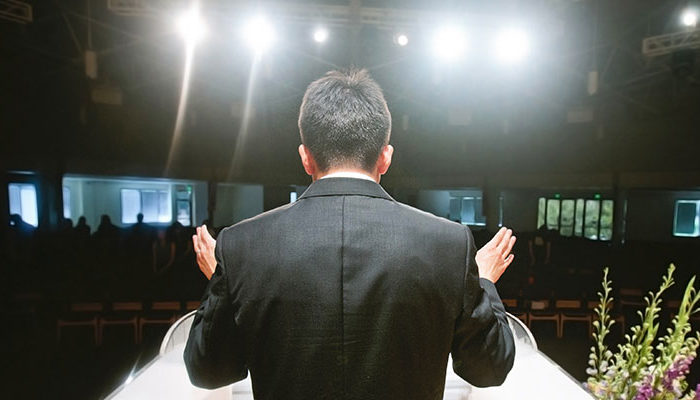
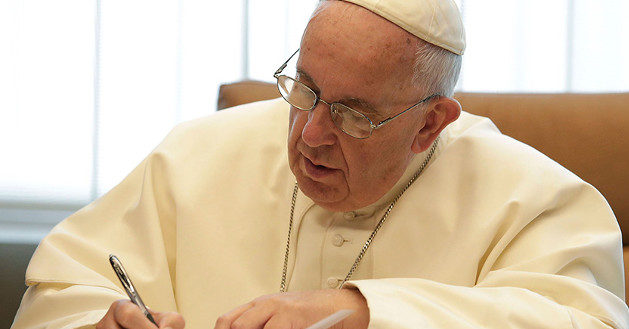


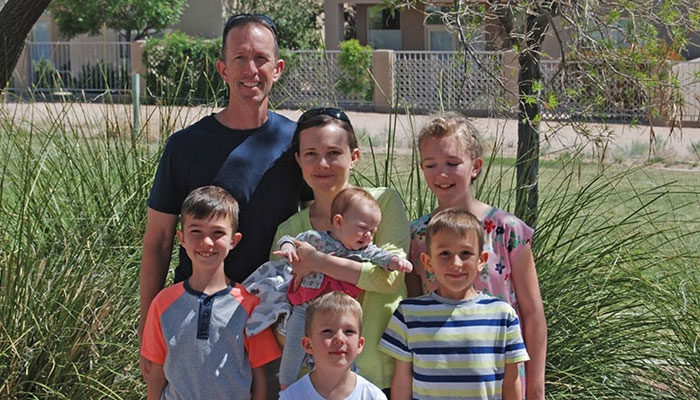
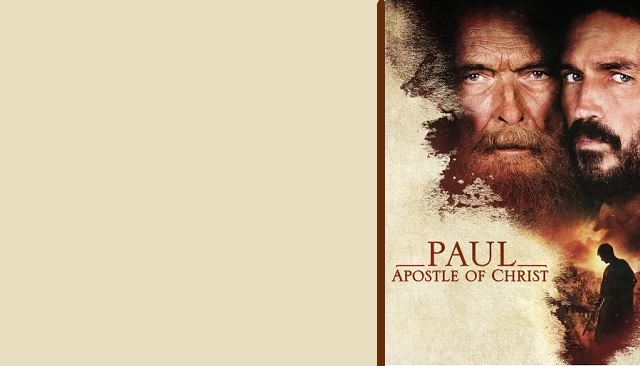
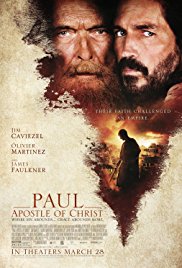 The film dramatically presents three “F’s”: Faith in God, faith in the family and the faith in the church.
The film dramatically presents three “F’s”: Faith in God, faith in the family and the faith in the church.